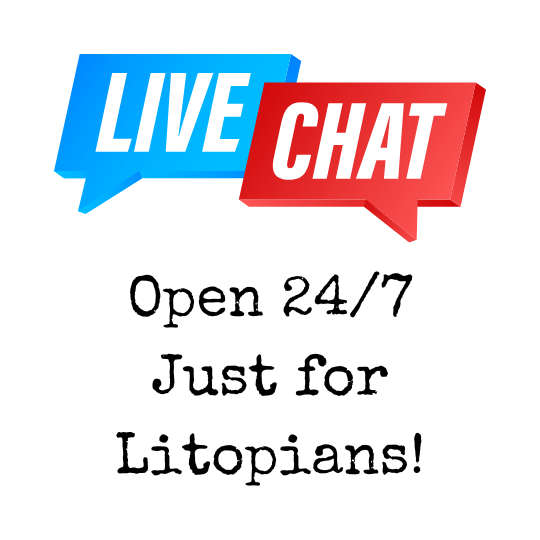B
Bluma Bezbroda
Guest
The title of the thread is a bit pawky, as, being an anarchist, I consider all languages (and countries) to be my own  But, jokes aside:
But, jokes aside:
English is not my mother tongue, as you might have noticed in my previous posts. But, of course, I write in English- otherwise I wouldn’t be on this page. Now, one of the comments I got concerning my writing and writing plans was “Why do you do this to yourself?” meaning, that it is difficult/impossible to obtain a decent result when writing in a language that is foreign to you. Generally, at this point I should probably just admit that it’s a stupid choice, and that one should write in a language that they know the best and are most comfortable with. But, that’s the thing- I’m much more comfortable with English. I know it’s quite a lame argument, in the aspect of writing quality at least, but I have a few more solid ones up my sleeve as well.
 ) in a language of not your own?
) in a language of not your own?
English is not my mother tongue, as you might have noticed in my previous posts. But, of course, I write in English- otherwise I wouldn’t be on this page. Now, one of the comments I got concerning my writing and writing plans was “Why do you do this to yourself?” meaning, that it is difficult/impossible to obtain a decent result when writing in a language that is foreign to you. Generally, at this point I should probably just admit that it’s a stupid choice, and that one should write in a language that they know the best and are most comfortable with. But, that’s the thing- I’m much more comfortable with English. I know it’s quite a lame argument, in the aspect of writing quality at least, but I have a few more solid ones up my sleeve as well.
- I learned English pretty early in life (before I was 10) and used it as much as I could since then
- Since 5 years I English is my work language
- I write in English, professionally, for more than 8 years now, it being the accepted language of science
- Read almost all books in English
- For God sake, I even talk English with my partner, even though I know Dutch (It’s apparently some psychological quirk- the language in which you “met” the person is most likely to stick between you forever)
- The setting of the piece I wrote is very international, hence it’s logical that the characters would communicate in that language



